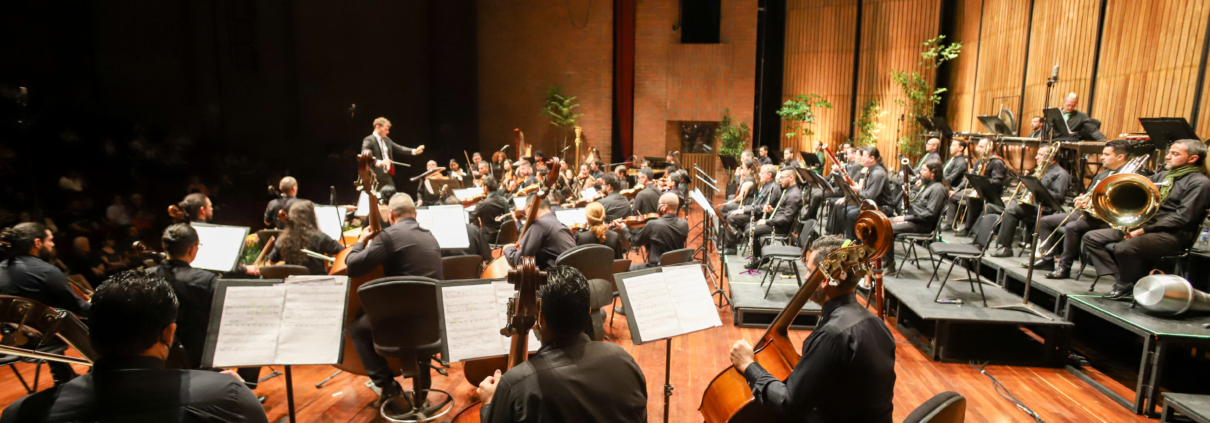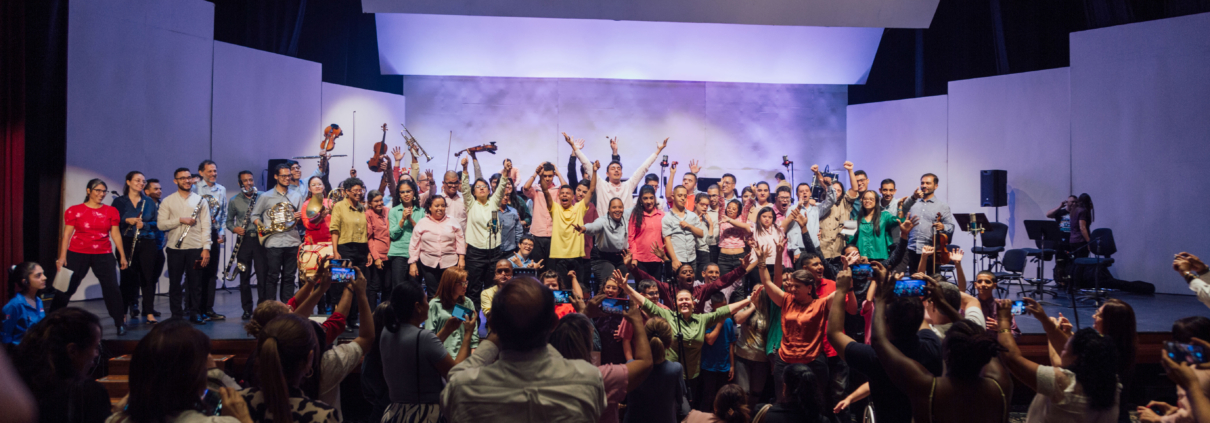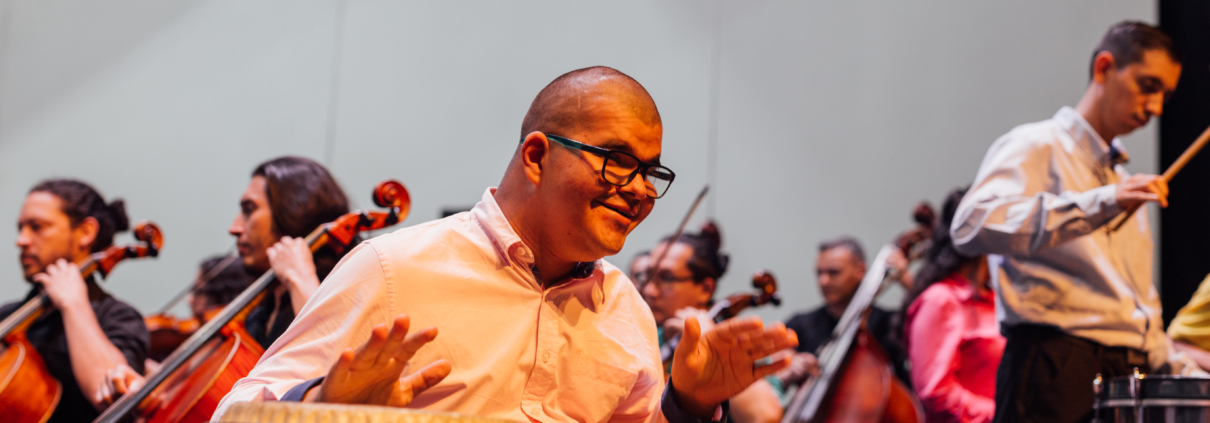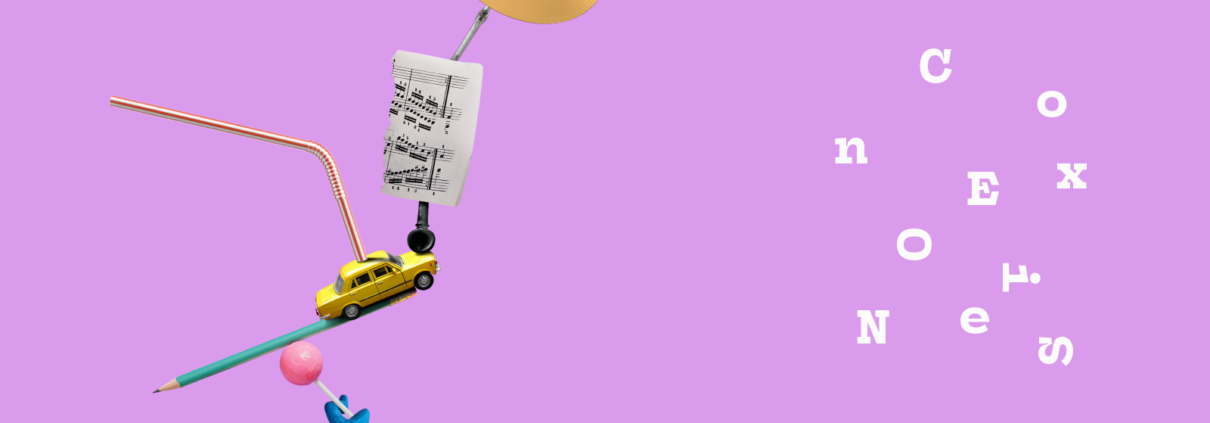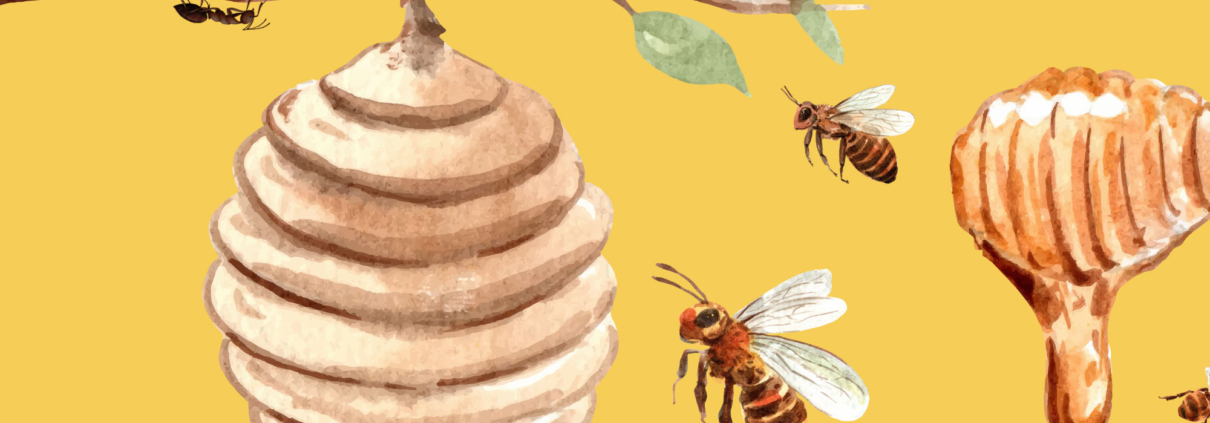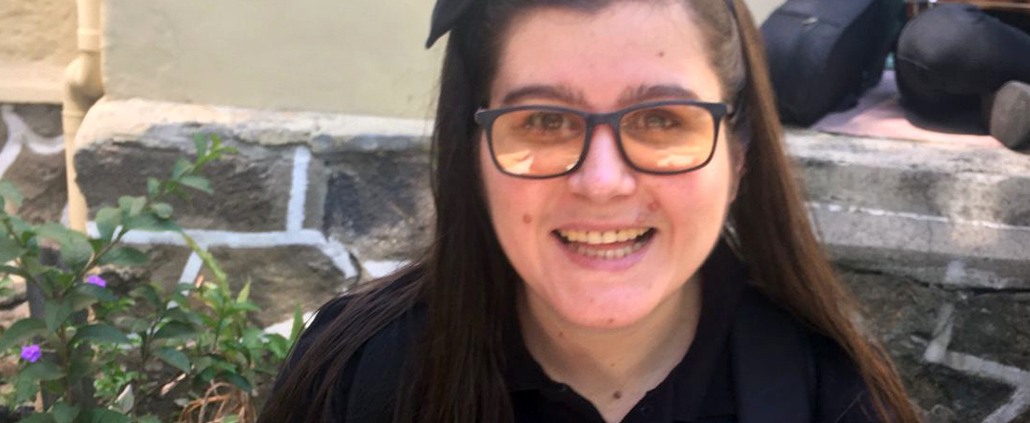The LEAD award® Kennedy Center recognizes for the first time a cultural organization outside the United States for its leadership on issues of accessibility and inclusion in the arts.
The Kennedy Center Leadership Exchange in Arts and Disability (LEAD) Awards®) recognize outstanding cultural administrators and organizations whose leadership promotes disability accessibility in the arts. These awards seek to raise awareness of the importance of accessibility in artistic venues, cultural institutions and natural history settings.
The Kennedy Center hosts the Leadership Exchange in Arts and Disability (LEAD) meeting annually.®), focused on accessibility and inclusion in the arts. This event brings together cultural leaders, professionals, and organizations to share strategies and best practices on how to make the arts more accessible to people with disabilities.
- The meeting, which took place in 2024, awarded the LEAD award® in the Emerging Leader category to Filarmed which recognizes the Orchestra's significant potential in promoting accessibility in the arts. This award for the management model is in addition to the Latin Grammy for best Latin music album for children obtained in 2021 for the work Tu Rockcito Filarmónico and the Classical:NEXT Innovation Award awarded in 2022 for believing in music as an agent of transformation.
- The jury valued the management model of the Medellín Philharmonic Orchestra, which focuses on strengthening close relationships and bringing symphonic music closer to the community of people with intellectual, hearing and neurodivergent disabilities. This model has been implemented for 8 years in the “I am a Musician” program, which benefits more than 110 people. Additionally, the program strengthens the musical identities of people with disabilities, encouraging the development of musical skills and building a community around their artistic interest.
Transform the disabled population with music
Data from the Ministry of Health indicate that in the jurisdiction of Medellín there are approximately 64,283 people with disabilities, this includes some categories ranging from cognitive or physical, Alzheimer's, auditory, visual, among others. “Through this population, we learned about the scarcity of cultural/artistic services that they felt safe attending, as a consequence of the lack of not only regulations, but also motivation and actions from our cultural world to address exclusion. To this day, we are the only performing arts organization in our city and one of the few in the country that addresses the issue of accessibility, arts and disability. Currently, we do not know of government funds dedicated to working on accessibility in the arts,” explained María Catalina Prieto, executive director of Filarmed.
Accessibility for all
“Attend the LEAD conference® in Boston, United States, allowed us to understand the many aspects of accessibility that had been invisible to us or that, being visible, we had not found a way to address. It should be noted that our country's standards, particularly around arts spaces and accessibility, are not as comprehensive or enforced as in the United States, and that as a society we are still struggling to fully achieve inclusion. A characteristic of our organization is that we do not have our own setting, and that most city spaces do not have the accessibility characteristics that the different communities of people with disabilities require,” said Juanita Eslava, social programs advisor at Filarmed.
The Medellín Philharmonic Orchestra has taken a significant step by including accessibility as a line in its 2024 strategic plan for the first time. This includes expanding capacities, improving the accessibility of all its materials and concerts, and strengthening the dialogues with communities of people with disabilities to identify and address their needs as a cultural organization. These dialogues mark the beginning of the creation of advisory committees for the Orchestra.
“The creation of networks has also allowed us to begin planning activities that may include other organizations and cultural spaces in the country to mobilize their interest in this topic,” said María Catalina.
The future of Filarmed
Orchestras around the world have asked themselves how to be relevant and strengthen their ties with communities after discovering that the traditional model that is more than 200 years old, offering concerts only in theaters to the same niche audience, is not sustainable. For Filarmed it is very important to have a differentiating factor, being an orchestra in Europe, or in the United States, is not the same as an orchestra in a country like Colombia, in a city like Medellín that is in constant transformation and where the participation of The community is essential to build a better future. “That has been the main motivation, to stay relevant and ask ourselves how we can contribute to weaving a better society from what we know how to do best: symphonic music,” says María Catalina Prieto.
For Prieto it is a privilege to win the LEAD award® Kennedy Center, a recognition of what has been cultivated in years of intentional and conscientious work, of being a close, relevant orchestra, of having a differential factor. Additionally, it is a validation of the orchestra's commitment and dedication to promoting inclusion and accessibility in the arts, especially in its work with people with disabilities.
A leading orchestra in accessibility and inclusion
Filarmed is a non-profit entity, created 41 years ago, it is financed with public and private resources from local, national and international organizations to carry out projects in which music has the greatest impact on society.
It is currently in one of the most interesting moments in its history. In the next six years it will work on four fronts: first, to be a musical reference in Latin America, to be recognized as one of the most important orchestras in the region and even worldwide. Second, to be a bold and innovative organization, which can produce captivating experiences with versatile musicians; that beyond playing an instrument well, they work with others and with other artistic disciplines. Third, to be an orchestra rooted in and committed to all types of populations in diverse territories, putting its capabilities at the service of social transformation, using music to improve the lives of all, and finally being a sustainable orchestra that generates social value.
“We firmly believe in the transformative power of music…we have been working for eight years with young people with cognitive disabilities, displaced communities and ex-combatants and victims of the armed conflict, we have also begun to work with young people and children with hearing and visual disabilities. These communities have in common that through music they can redefine their relationship with the city, with the other and with themselves and others,” explains María Catalina.
I am a Musician: inclusion, a commitment
It has been eight years since the Orchestra recognized that disability can also contribute to transformation and creativity, and that its encounter with music should have no borders. Since 2017, the I Am a Musician program was created, in which young people and adults with hearing, cognitive and/or neurodivergent disabilities participate in a process of strengthening their musical identity, through musical creation and performance, guided by music therapists.


